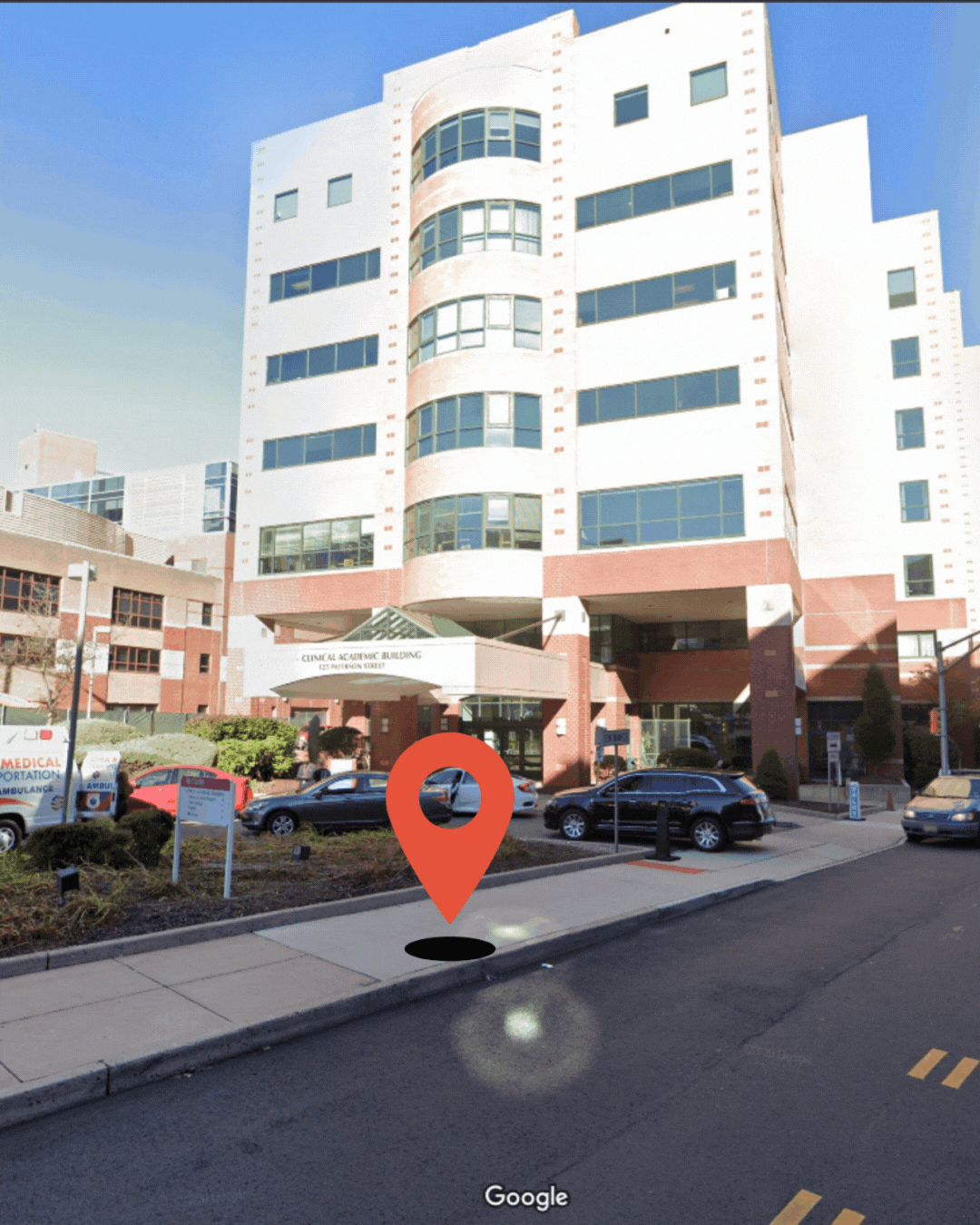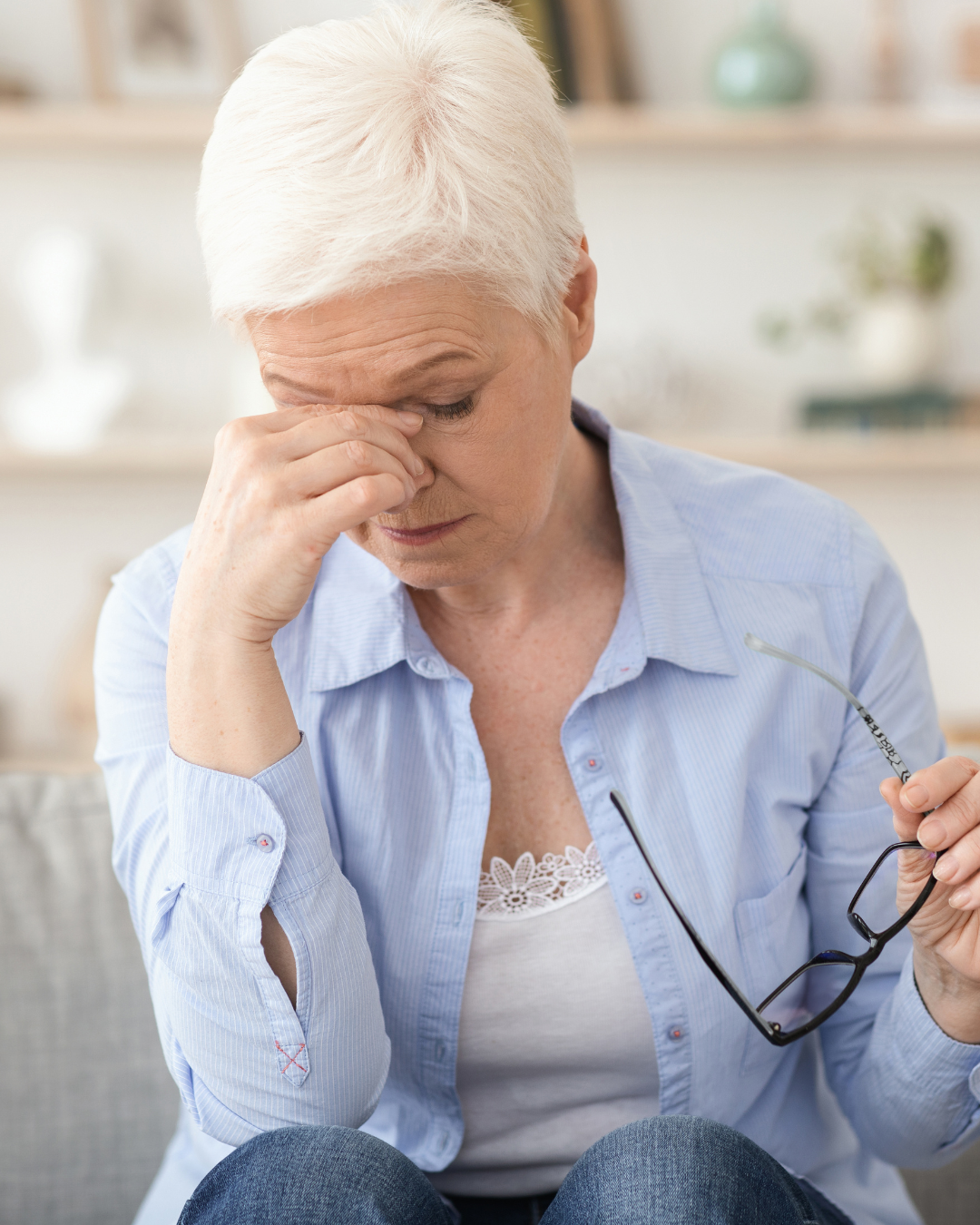This study at Rutgers University, led by Dr. Michelle Chen, is using wearable technology and smartphone-based surveys to monitor fatigue in real time. By collecting data from adults with multiple sclerosis, adults with post-COVID fatigue, and healthy adults, researchers hope to learn how fatigue patterns change during daily life.

If you decide to participate, your involvement will include one visit to Rutgers University followed by a two-week period where you take part from home. During this time, you will wear a wrist-worn device, complete short surveys, and engage in simple smartphone-based activities. These steps are designed to help researchers track fatigue in real time while minimizing disruption to your daily life.
Participants may receive up to $50 for their time and effort in completing the study. Parking expenses for the laboratory visit will be reimbursed. In addition, participants will be provided with a summary of their cognitive assessment results and an overview of their fatigue patterns observed during the two-week monitoring period. By joining, participants also contribute to important research aimed at better understanding fatigue in adults with multiple sclerosis, in those recovering from COVID-19, and in healthy adults.
SIGN-UP

Adults 18+ who either have multiple sclerosis-related fatigue, post-COVID fatigue lasting 2+ months, or no fatigue (healthy adults).
A wrist-worn sensor that measures things like heart rate and activity. It is lightweight and worn like a watch.
No. You will attend one lab visit (about 3 hours). The rest of the study is completed at home.
You are encouraged to complete as many as possible. The surveys are short, and compensation is provided based on completion.